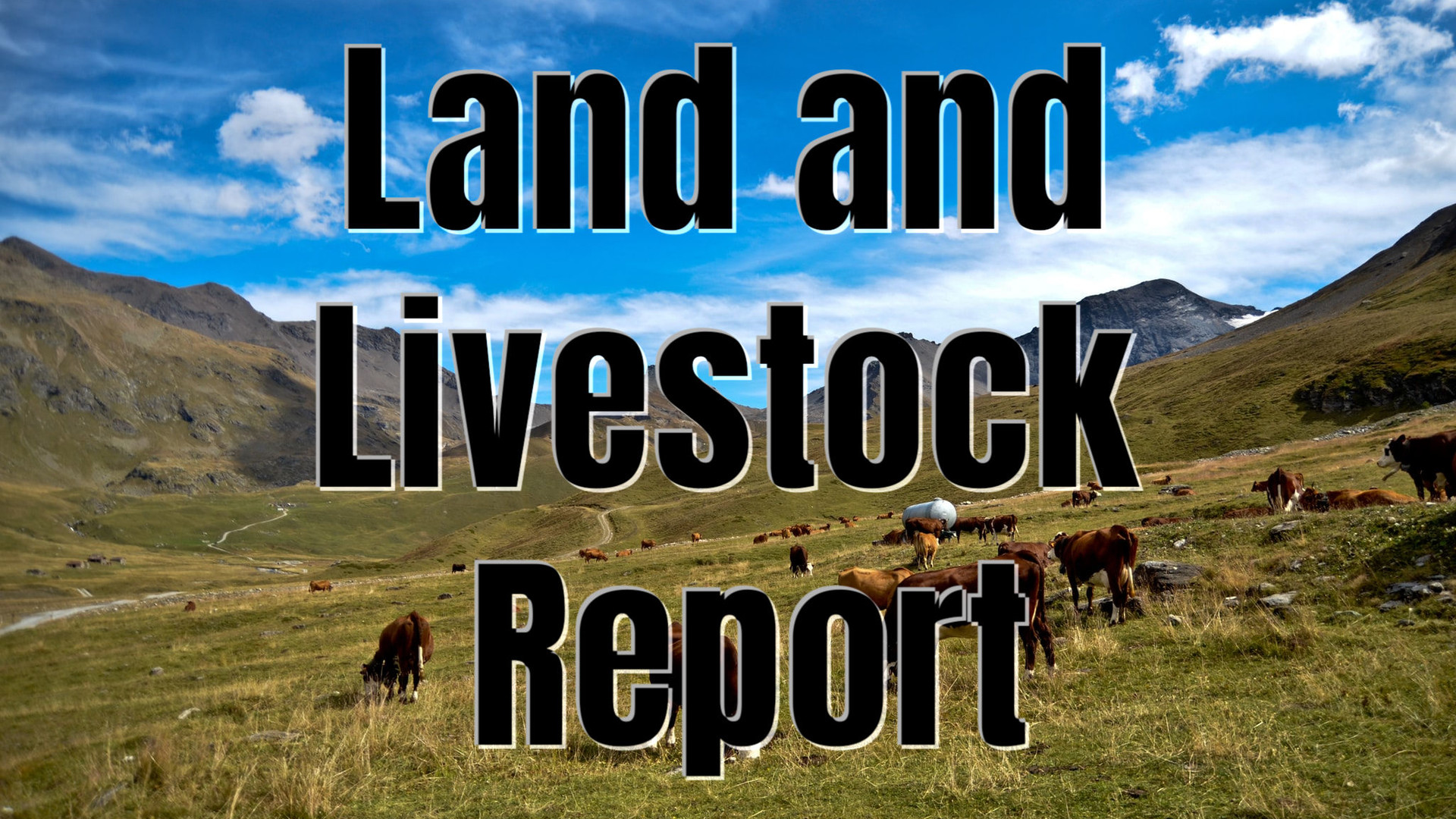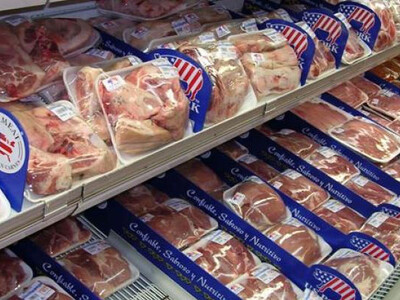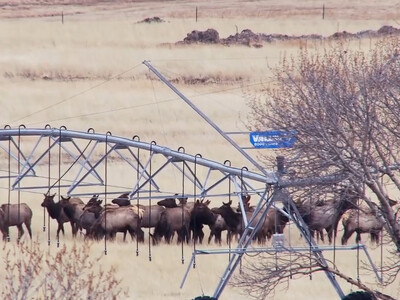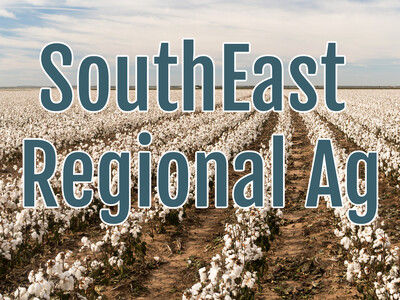West Coast Port Congestion Affecting U.S. Agriculture
Since early November ports in Washington, Oregon and California have experienced slow downs — due to labor negations taking a negative turn. It seems that the International Longshore and Warehouse Union workers have been slowing down container handling throughout multiple ports raising havoc for getting any product off ships or loaded on to ships.With the congestion increasing at some West Coast ports, U.S. Meat Export Federation Senior Vice President for Export Services Paul Clayton explains how this increased congestion affects meat exports.
Clayton: "Well, our West Coast ports are vital to us for our exports. A very large proportion of our exports do go by ship particularly by the West ports. Those markets are going to Asia and of course those are large markets for us today."
Almost 80 percent of ocean-bound meat exports leave the United Stated through West Coast ports.
Of course this issue is affecting any segment of agriculture that exports its products, especially in our region. Also the retail industry is very concerned as well as the holiday season has begun and they are expecting large shipments coming into these ports that will fill their shelves.
A broad coalition of agricultural organizations, including the U.S. Meat Export Federation have signed a letter urging the White House to use all means at its disposal to help bring these contract negotiations to a conclusion.


















